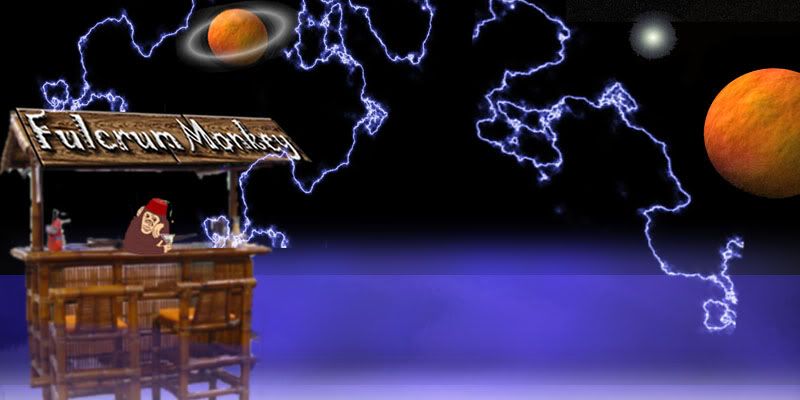From The Writer's Almanac:
"Today is Bloomsday, the day on which the action in James Joyce's novel Ulysses takes place in 1904. Leopold Bloom, the main character of Ulysses, does not have much work to do, so he spends most of his day wandering around Dublin doing some errands. He leaves his house on Eccles Street, walks south across the River Liffey, picks up a letter, buys a bar of soap, and goes to the funeral of a man he didn't know very well. In the afternoon, he has a cheese sandwich, he feeds the gulls in the river, helps a blind man cross the street, and visits a couple of pubs. He thinks about his job, his wife, his daughter, his stillborn son. He muses about life and death and reincarnation. He knows that his wife is going to cheat on him that afternoon at his house. In the evening, he wanders around the red light district of Dublin and meets up with a young writer named Stephen Dedalus, who is drunk. Leopold Bloom takes him home with him and offers to let him spend the night. And they stand outside, looking at the stars for a while. And then Bloom goes inside and climbs into bed with his wife."
So..... Last year
Bloomsday reading planned for June 16
The International Writers Center in Arts and Sciences, along with Left Bank Books and The New Theatre, will present the fourth annual 24-hour reading of James Joyce's "Ulysses," beginning at 8 a.m. Sunday, June 16, at Left Bank Books, 399 N. Euclid Ave. The event is free and open to the public.
Joyce devotees, writers and others each will read a 30-minute segment from the 1986 Random House edition of "Ulysses." A midnight performance of the play "Ulysses in Nighttown" will be presented by members of The New Theatre.
The novel follows Leopold Bloom through the course of one day -- June 16, 1904 -- in Dublin, Ireland. Taking its name from the novel's protagonist, the Bloomsday reading has become an annual tradition in Dublin since shortly after the novel first was published in 1922. Now, readings are held June 16 worldwide.
Two Central West End eateries -- Dressel's Pub and Duff's Restaurant -- will prepare special menus inspired by Joyce and his native Ireland.
"Ulysses" is recognized as the epitome of modernism and is lauded as one of the most significant 20th-century novels written in English. The work first was published in a limited edition in Paris. Five hundred of these copies were shipped to New York but were detained there by postal authorities on the grounds of obscenity. The novel was banned in the United States until 1933, when a U.S. District Court judge ruled the novel was not obscene. This decision allowed Random House to publish "Ulysses" in 1934.
The novel has been maligned by an illustrious group of writers and critics, noted William H. Gass, Ph.D., the David May Distinguished University Professor in the Humanities in Arts and Sciences and director of the International Writers Center, who will be a featured reader in the event.
Gass pointed out that "history is full of lessons of this sort. T.S. Eliot believed that 'Ulysses' had killed the 19th century. Yet here we are nearly at the end of the 20th, and the 19th, like an operatic heroine, has refused to die.
"Any public reading of 'Ulysses' is an exorcism, a purgation of the past, a laugh at so much bad judgment," Gass continued. "But it is a celebration as well -- of daring, originality, courage, perception, sensuality, the renewable promise of great art, and that attitude which says to snobbery and bland bourgeois pap, 'Oh, go to hell!'"
But those days are over. Kalier anyone?




0 Comments:
Post a Comment
<< Home